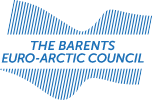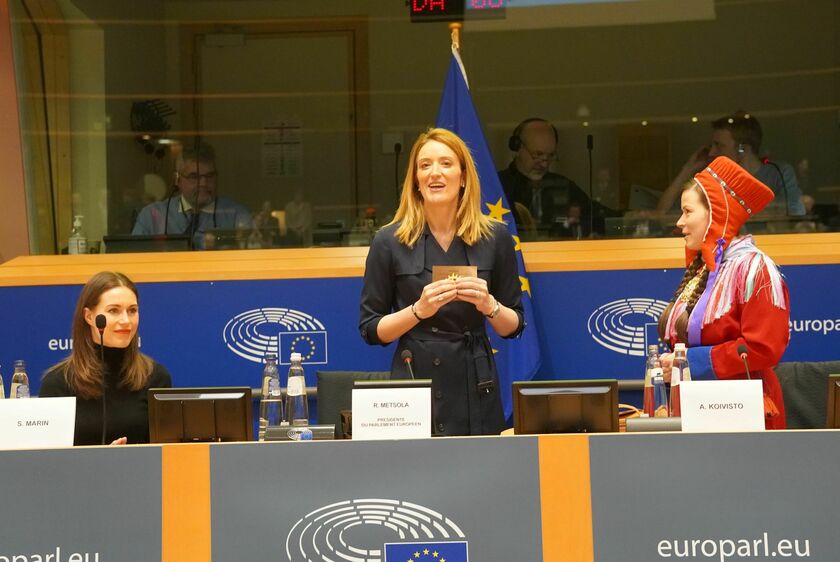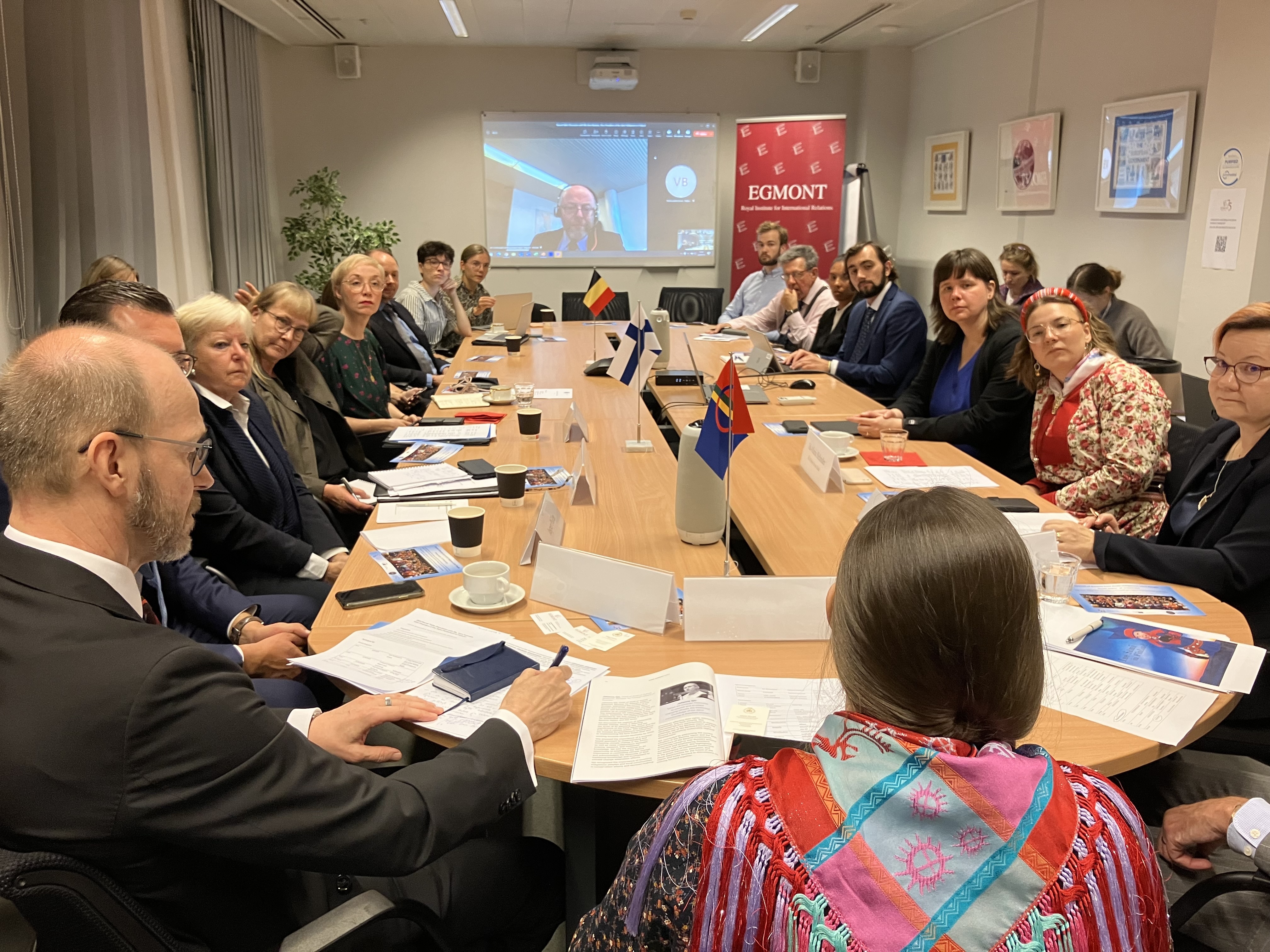The Summit of Barents Euro-Arctic Indigenous Sámi People was a momentous event, co-hosted by the Sámi Parliament in Finland, the European Parliament, and the Finnish Presidency of the Barents Euro-Arctic Council. Held in Brussels from 22 to 24 March 2023, the event marked the first in-person gathering of Indigenous Peoples in the Barents Region since the onset of the Covid-19 pandemic four years prior.
The Summit focused on key topics such as human rights, climate change and its impact on the Arctic, and the challenges faced by the Sámi people within the European Union. A central concern is the need for a comprehensive internal policy addressing the rights and active participation of the Sámi people in EU politics and decision-making processes.
Roberta Metsola, President of the European Parliament:
“The European Parliament is committed to supporting the interests of the Sámi people, ensuring their voices are heard and respected in decisions affecting their lives."
In order to develop the relationship between Sápmi and the EU, the Summit expressed the importance of establishing a robust parliament-to-parliament relationship between the Sámi parliaments and the European Parliament. This relationship is crucial in ensuring that the rights and concerns of the Sámi people are adequately represented and addressed within the European Union. Establishing a direct and collaborative relationship between these parliaments is essential in fully respecting and upholding the indigenous peoples’ right to self-determination, as recognized under international law and the UN Declaration on the Rights of Indigenous Peoples.
Sanna Marin, Prime Minister of Finland (2019-2023):
"The Sámi are the only indigenous people in the European Union, and it is crucial to safeguard their rights and promote self-determination."
Many speakers highlighted that such a relationship would facilitate the active participation of the Sámi people in EU politics and decision-making processes, ensuring that the Sámi voices are heard, and their unique perspectives and needs are taken into account when formulating and implementing policies that affect them and their territories. This enhanced collaboration would not only benefit the Sámi people but also contribute to a more inclusive, diverse, and just European Union, promoting the values of human rights, cultural diversity, and sustainable development across the region. The development of a parliament-to-parliament relationship between the Sámi parliaments and the European Parliament will build upon the valuable and long-standing work of the Sámi civil society, as represented by the Sámi Council.
Anni Koivisto, Chair of the Summit, 1st Vice President of the Sámi Parliament in Finland:
"We therefore hope that this Summit is an important starting point for enhancing and ensuring the Sámi Parliaments participation in the EU’s work."
The European Union’s commitment to the Arctic, climate change mitigation, and respecting indigenous peoples’ rights was outlined, with initiatives like the European Green Deal and programs such as Aurora and Northern Periphery and Arctic mentioned. The importance of free, prior, and informed consent in the context of development in the Arctic was emphasized, as was the necessity for collaboration and consultation with indigenous peoples.
Håkan Jonsson, President of the Sámi Parliament in Sweden and President of the Sámi Parliamentary Council:
"The green transition must not become a tool to legitimate further exploitation of our lands and water."
Green colonialism, where supposed green solutions encroach on indigenous peoples’ lands and rights, was addressed as a significant challenge. The Fosen case in Norway was cited as an example where wind power development licenses were ruled invalid due to violating the rights of Sámi reindeer herders. The need for a just climate transition, in line with human rights and indigenous rights, was emphasized. In Sweden, a multitude of mineral and energy projects exemplifies the impression that the green shift is used as an argument for increased land encroachments in Sámi areas.
Silje Karine Muotka, President of the Sámi Parliament in Norway:
"We see that Sámi authorities, organizations and right holders who argue that non-consensual encroachments by so-called green industries on reindeer-grazing land is a form of green colonialism and they are in conflict also with other Sámi right holders."
During the plenary session on Climate Change and the Arctic, speakers emphasized the existential threat that climate change and biodiversity loss pose to the Sámi people’s culture, language, knowledge, and way of life. The interconnectedness of climate change, biodiversity, and food systems was highlighted, along with the importance of maintaining and strengthening indigenous people’s food systems and traditional knowledge.
A positive example presented at the Summit was the collaboration between traditional knowledge and scientific research is the establishment of the Sámi Climate Council in Finland. This council serves as an important platform for the Sámi people to actively participate in addressing climate change issues within their specific context. By integrating their traditional knowledge and expertise with scientific research, the Sámi Climate Council contributes to a more comprehensive understanding of the environmental challenges faced in the Arctic region.
During the panel discussion, panelists emphasized the need to preserve Sámi culture, including the intellectual property rights, the importance of traditional knowledge, and the need for genuine dialogue, consultation, and actions based on those dialogues.
Text: "Summit of Barents Euro-Arctic Indigenous Sámi People 2023 in Brussels" by Rune Fjellheim, Rune Fjellheim AS







